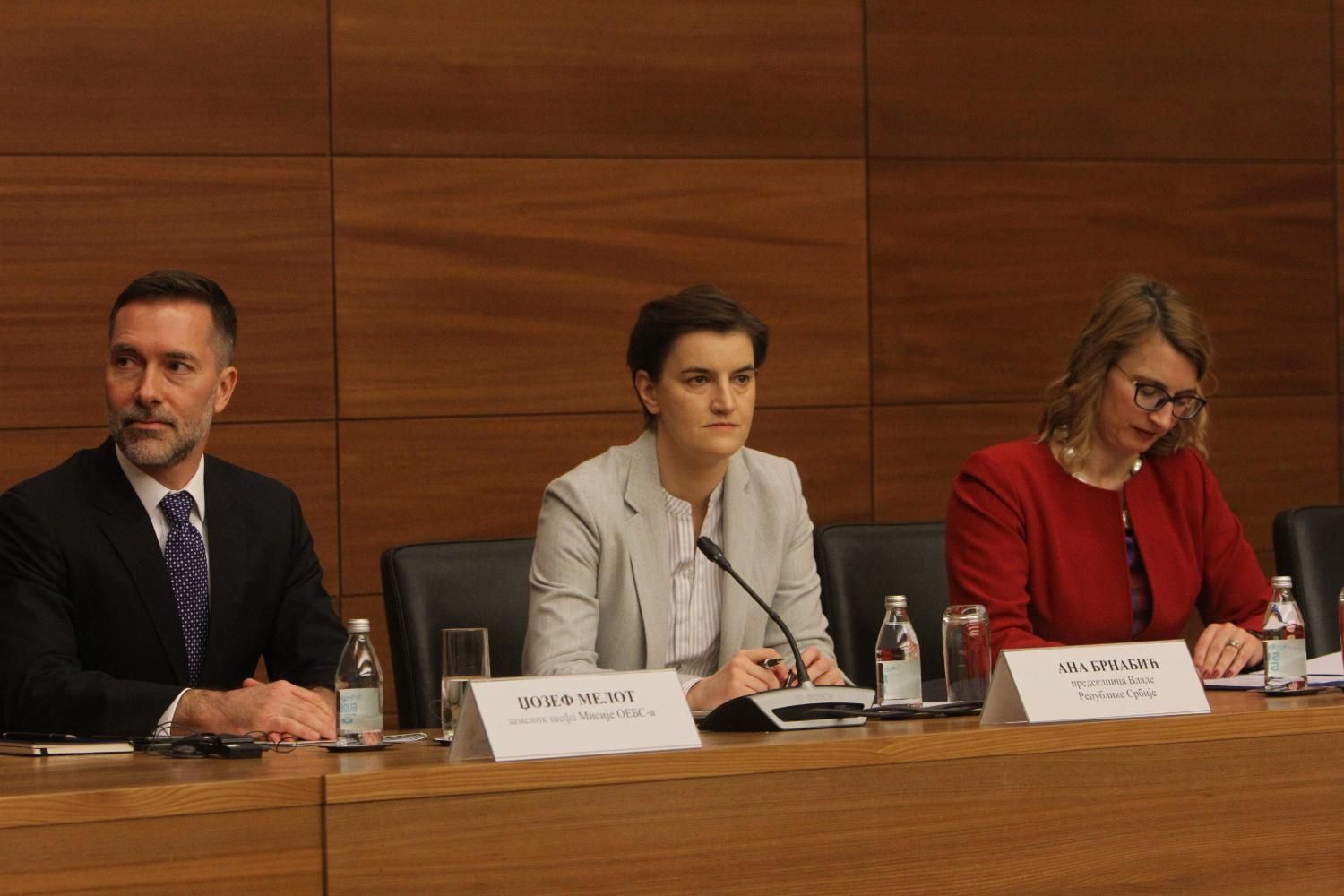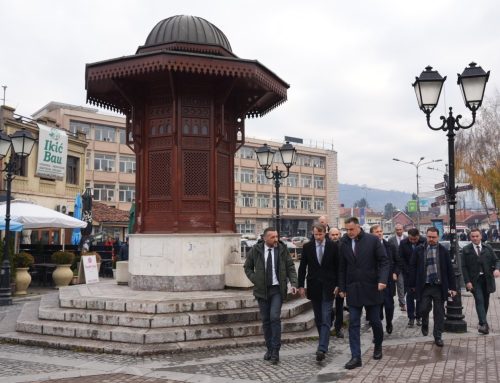Serbian Prime Minister Ana Brnabic promised representatives of journalists’ associations that following public discussion and comments they will be able to review the final draft of the Media Strategy before being adopted by the Serbian Government.
At the opening of the public debate on the national media strategy in Belgrade, Brnabic assessed that dialogue and the building of trust between authorities and journalists’ associations was necessary during the process of drafting the document. “Without this kind of trust, we will not be able to go further,” stated Brnabic.
She expects that the Working Group will continue to work in some form in order for the Media Strategy to be adopted. Constitutional amendments and media freedom are of exceptional social importance and that is why my participation is necessary in order to show everyone how important these two topics are for the progress of our society, assessed Brnabic.
Norcic Stamcar: Free media contributes to democratic development
Deputy Ambassador of the European Union to Serbia Mateja Norcic Stamcar noted that the European Commission invited Serbia to involve all interested parties in the development of the national media strategy.
“This is a positive example of inclusiveness that should be applied in other areas,” said Norcic Stamcar. It is necessary, she suggested, “to create a better environment for the work of journalists, and that she is satisfied that in the draft Media Strategy special attention is given to the safety of journalists. The European Commission will continue to closely monitor the adoption of the document and its subsequent implementation,” announced Norcic Stamcar, stressing that free media contributes to democratic development.
The Deputy Head of the OSCE Mission in Serbia Joseph Melot evaluated that the draft Media Strategy offers concrete solutions to problems in the media sector and that the OSCE is proud to support the development of the document.
“The ultimate goal is for Serbia to assume responsibility in terms of media freedom, ethics and tolerance of critical and analytical reporting on relevant social issues,” stressed Malot.
“We hope that the final document will remain to the fullest extent true to the current draft. The strategy should be used as a tool for creating a healthy media environment,” said Malot.
He highlighted that media freedom is a prerequisite for democracy, and as an important prerequisite for media freedom he cited the safety of journalists.
“Attacks on journalists in Serbia deserve increased attention. A comprehensive draft media strategy establishes solutions for strengthening the rule of law,” stated Malot.
President of the Working Group Dejan Stojanovic believes that the Working Group has done its best and produced a good document that will help promote media freedom in Serbia. Following the opening address by the Prime Minister and the Deputy Ambassadors of the EU and OSCE, the public debate on the draft Media Strategy continued. To date, public debates have been held in Novi Sad, Nis and Cacak.




